Reading Roundup, May 2020
My reading continues apace, again, like last month, almost entirely fiction. The exception to this is Bertrand Russell's A History of Western Philosophy, which I have just started rereading to ease me back into philosophy and adjacent subjects (Alan Ryan's On Politics is also high up on my list). I think having one fiction and one non-fiction book going simultaneously will work well, but right now I'm just having too much fun with the former.
When it comes to fiction, I consider myself to be in the exploratory phase; I've been scouring annual summaries, reviews and book awards shortlists for likely candidates, reading online previews of the promising ones, and ordering hard copies of those I like. If the subject matter doesn't interest me or the preview doesn't capture my attention, I forget it and move on to the next one. There's a virtually unlimited supply, so ruthless culling is essential.
So most of the novels on my list are critically acclaimed and from pretty big-name authors, almost all of whose work I'm experiencing for the first time. I'm going for breadth to start with, but will undoubtedly come back and read more of my favourite authors in future. I've started with contemporary-ish novels, but there are also quite a few classics that I'll get to later on.
I've also found a good place to buy my books: bookshop.org, from which the proceeds are distributed between independent booksellers around the country. Right now the storefront is pretty basic, so I'm hoping they'll add more features so as to become more competitive with Amazon. At the moment most books are generally a little more expensive (which is understandable and acceptable), but what's really jarring is paying the shipping costs on top of this. Hopefully they'll create some kind of membership program with discounts and/or offer free shipping for orders above a certain value. They also need to add book previews and links to reviews to keep people on the site. But anyway, it's a good start and I hope they're successful.
As ever, I won't be providing reviews here; I've included links to the publisher's website for a synopsis of each book, and you all know how to use a search engine.
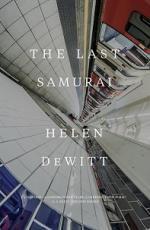
I thoroughly enjoyed The Last Samurai, the story of a rather eccentric and very single-minded mother raising her son in the most uncompromising way. He more or less admirably rises to the challenge. Maybe the rest of us are all aiming way too low?
Indeed, I was left feeling almost ashamed at how wasteful I've been: killing time when I could've been doing something much more worthwhile. Not that I'm claiming to be a genius (like the subject of the story), but still. I took this novel as a badly needed wake-up call, and for that alone it was worth it. It's also a very entertaining read.
Following this debut, DeWitt doesn't seem to have done much more, but this stands as a very strong, and original, magnum opus.
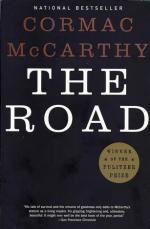
Next up was The Road, which I read in a single long Sunday afternoon; this one certainly kept my attention. The planet described is almost unrecognizable as our own; everything bitterly cold, dark and grey with only a few small pockets of isolated humans still surviving in the otherwise-lifeless landscapes.
The reader is left in no doubt that whatever calamity has caused it (I'm guessing an asteroid impact), the end of the world really is nigh. There's no happy ending here; any reprieve for the characters is just delaying the inevitable. Horror in the true sense of the word. Relentless, with plenty of insight into human nature.
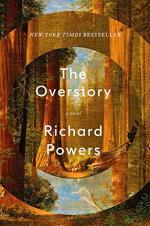
Next, the magnificent, immense The Overstory, the kind of book I've been waiting for.
In many of Powers' recent interviews (worth checking out) he talks about three different levels of storytelling. The first two are those we're all familiar with: psychological and social-political, whereas the third is very unusual in modern times: the connection between humanity and the natural world. He suggests that many of our current problems have arisen from losing sight of this connection — from erroneously imagining ourselves as somehow separate — and that we therefore badly need a realignment of our world view, along with the exchange of hubris for humility and knowledge for wisdom, if we want our civilisation to continue (a sentiment I'm in agreement with).
Powers makes this explicit in the novel itself through one of his characters, who, incapacitated following a devastating stroke, has had his wife read stories to him:
The books diverge and radiate, as fluid as finches on isolated islands. But they share a core so obvious it passes for given. Every one imagines that fear and anger, violence and desire, rage laced with the surprise capacity to forgive— character—is all that matters in the end. It’s a child’s creed, of course, just one small step up from the belief that the Creator of the Universe would care to dole out sentences like a judge in federal court. To be human is to confuse a satisfying story with a meaningful one, and to mistake life for something huge with two legs. No: life is mobilized on a vastly larger scale, and the world is failing precisely because no novel can make the contest for the world seem as compelling as the struggles between a few lost people.
Ultimately, this is not a book about individual trees; it's about the whole tree of life and humanity's place within it. Or not: we're currently in a precarious position that we might not get through, at least not without a serious regression. But even if we don't, unless we completely destroy everything, life will go on just fine without us. A few thousand years and there will be little to show we were ever here. It's for our own enlightened self-interest that we need to make the necessary adjustments to our attitude to nature, while there's still time — to save ourselves.
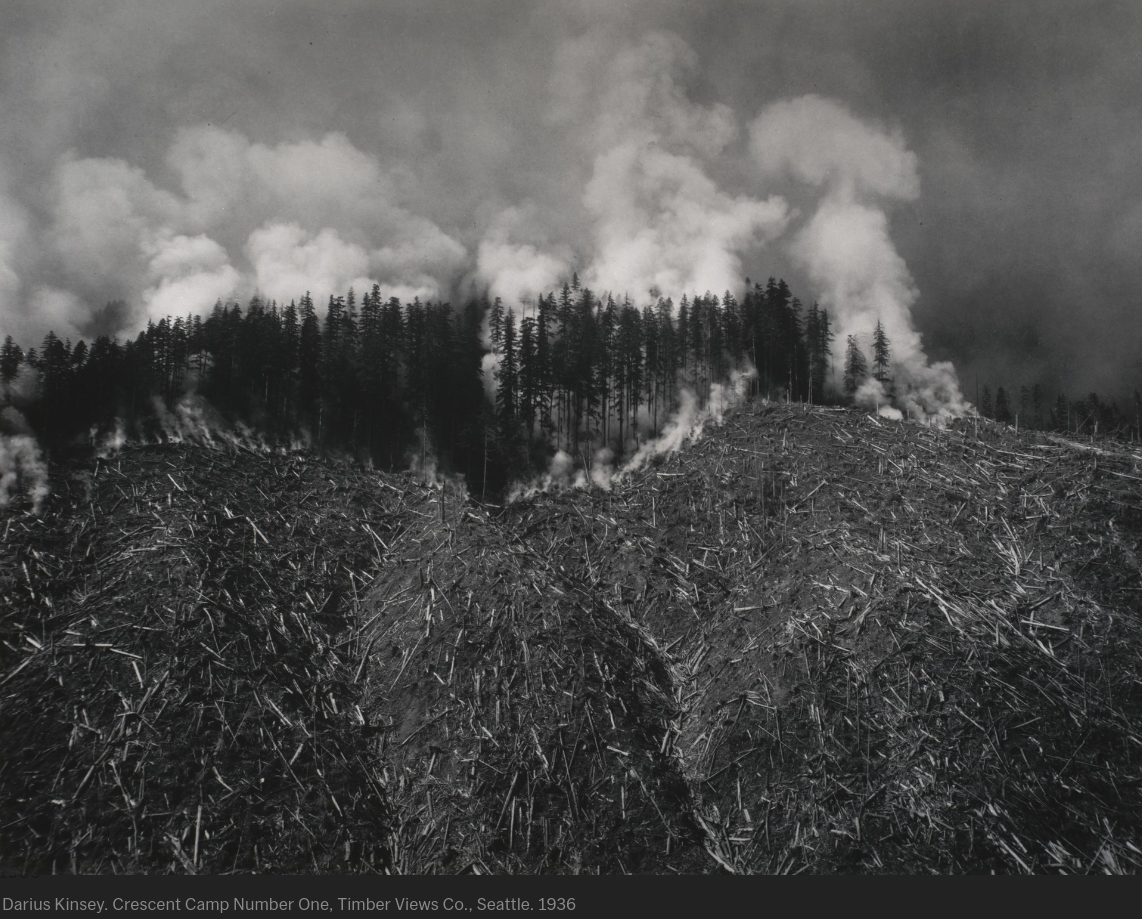
Many of these underlying ideas will already be familiar to the informed reader, but, again to quote the book:
The best arguments in the world won’t change a person’s mind. The only thing that can do that is a good story.
This is most certainly a good story.
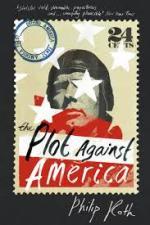
Phillip Roth's The Plot Against America rounded out my May reading. Roth is yet another famous author I'm discovering for the first time. The novel was very good (in common with all the others this month), with precisely-written evocations of everyday life and how this can rapidly be disrupted by large forces outside of any individual's control.
Although an alternate history set around 1940, it is very relevant to our current situation; the dismantling of a nation via deliberate, gradual, quasi-justifiable steps is all too plausible.
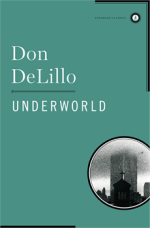
So on to June, and first up is the Cold War epic Underworld, a door-stopper that looks like it might take up a good chunk of the month all on it's own, especially if I also get moving on A History of Western Philosophy.
I'll keep you posted.